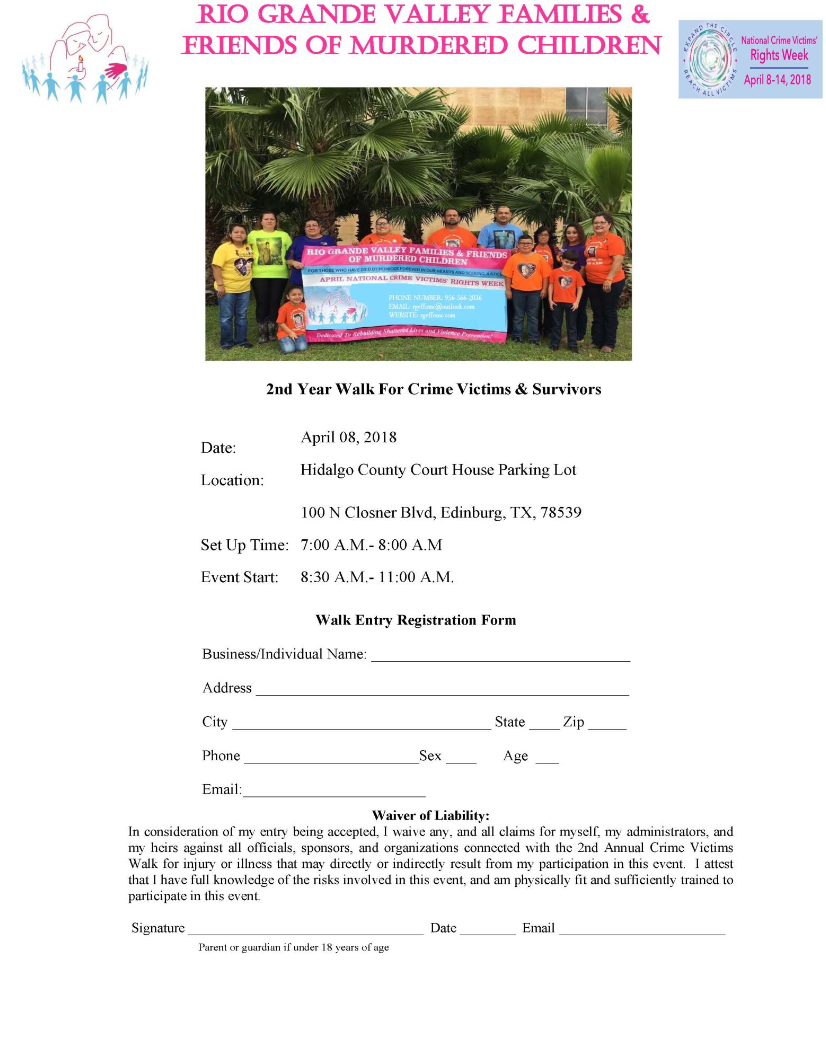Dedicated To Rebuilding Shattered Lives and Violence Prevention:
Homicide survivors and co-victims are an underserved and minimally researched population of crime victims with distinct and unique problems. These victims need specialized resources, in the aftermath of the homicide, to help reduce the long-term psychological impact and to help them cope with their ongoing grief (grief like no other) while restoring control of their own lives.
Being a Homicide survivor means you have lost someone very special to murder. You are experiencing a form of grief that is complex and unique, as it is associated with trauma and unlike other forms of grief. Come and share your grief, your memories, your worries, and even a few tears as together, we learn how to cope with life as we now know it without our loved ones.
Our program's purpose serves family and friends who have lost a loved one to homicide. Often, the unnatural death of a loved one creates unique and sensitive issues. This program wisely considers these sensitivities and continues to fulfill existing gaps in services around the Rio Grande Valley, Texas. The results of this function contribute to a healthy recovery by connecting individuals, families, and friends to support networks and systems where nurturing relationships, trust, and love can be re-experienced after traumatizing loss. The hope, healing, and justice process will hereafter serve as a preventative measure that will reduce the risks posed to themselves, their families, and the community as a result of unresolved grief.
FFOMC GOALS ARE AS FOLLOWS:
1. To act as a clearinghouse for direct and indirect services through outreach, and to help rebuild the lives of homicide
survivors (co-victims) and their families.
2. To provide a 24-7 crisis intervention response service.
3. To offer crime victim compensation services and referrals to appropriate community service providers.
4. To advocate with the judicial and law enforcement agencies to all Homicide Victims Survivors.
5. To promote a safe and caring community through public prevention, education, and collaboration.
6. To establish support groups with similarly bereaved persons that meet on a regular basis.
7. To establish a Victim impact panel or groups as it pertains to murder victims.


